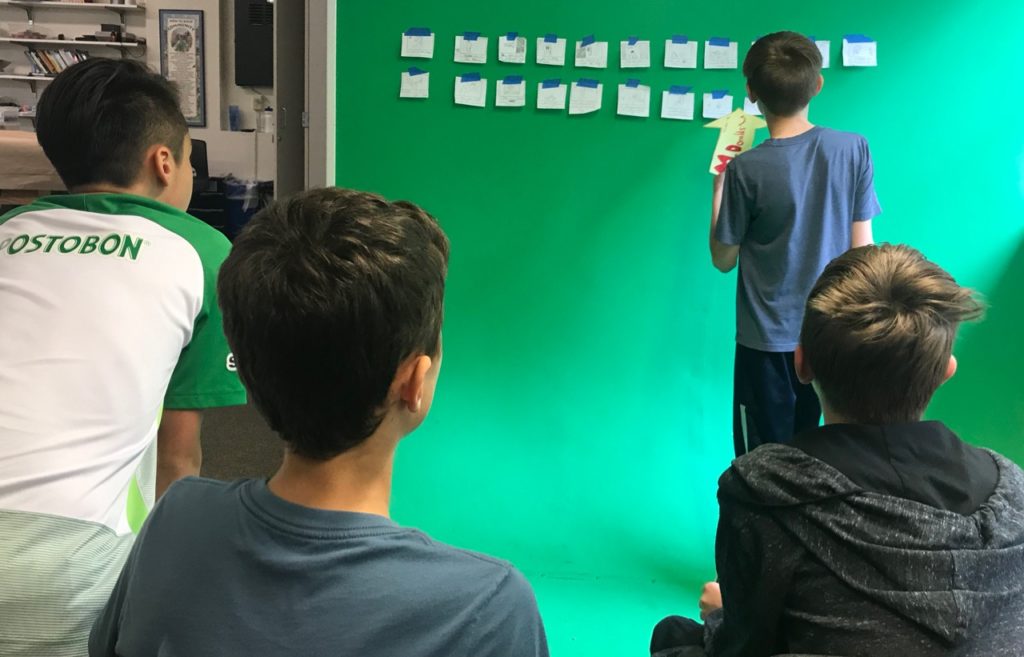Developments in global culture and technology in recent years have compelled schools to take a hard look at their philosophies of education that worked well in years past. As a drama teacher by trade, I have been well positioned to understand and shepherd a shift at my past two schools in how we think about student experience, content coverage, competency building, the role of the teacher, and student agency.

Drama is a subject that has always been inherently project based and depends deeply on the intrinsic motivation of students to collaborate with others. As technology and its concomitant inundation of information have undermined the traditional role of the teacher as the arbiter of relevant content, schools have needed to reassess the world into which we are sending students. This changed and changing landscape is far more oriented toward discrete projects, interdependent collaboration, and open-ended problem solving. In short, it’s like putting on a play.
It has been my honor to live at the cusp of this transformation, directing the professional development of my colleagues, not only in the nuts and bolts of productivity software, but also in the pedagogical changes that help them understand the young people they’re now encountering. Teenagers are now acutely aware of the enormity of the world and the problems it faces but have little more developmental readiness to face its complexities than they had in any other moment in human culture. This puts the relationship between teacher and student at the center of modern education, as the teacher must now help guide both the intellectual maturation and emotional perspective of the youth they serve.
